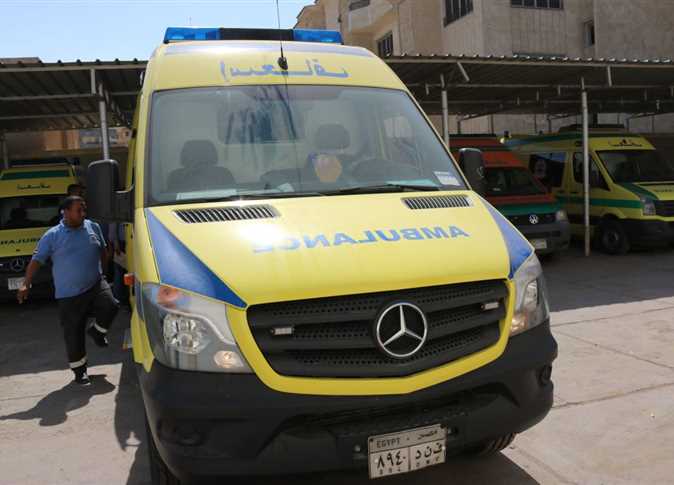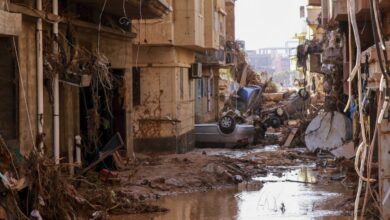I checked into the El Bakry Koshary & Hotel with minimal luggage and a lot of skepticism.
It may have been, as I was repeatedly reassured, the most prominent hotel in Beni Suef, but that did little to ward off the bad feeling I was getting at the thought of living in a building that was more of a koshary restaurant than a hotel (four floors vs. three, to be exact).
By the time I had checked in, my suspicions were confirmed. The place reeked of fried onions — and for the rest of my trip, so did I.
It was clear by the establishment’s name and layout what the owners’ priorities were. The hotel section seemed to be added as an afterthought, a solution to what had proved to be an unrealistically ambitious koshary restaurant.
The rooms were cleaner than expected, but, strangely, the floor and ceiling failed to reach the far wall, which was mirrored. This architectural flair was even extended to the bathrooms, making El Bakry Koshary & Hotel the ideal choice for peeping toms and other perverts.
The staff, while clearly inexperienced, were disarmingly friendly — I came back to my room one night to find my dirty laundry lumped together and sculpted into a limp-necked swan, squatting in a ring of plastic flowers. It was even wearing my sunglasses.
Surprisingly, the restaurant constituting the first four floors of the hotel serves more than koshary but, given the overwhelming smell, you may as well just order a bowl and get it over with.
The town of Beni Suef itself is…well, depressing. There’s not much to do in the governorate’s capital, and besides a few misguided attempts, there’s no nightlife to speak of.
The real appeal of a visit to Beni Suef, at least for me, is the area surrounding the town, which offers some truly captivating coastal scenery. Between the rolling sand dunes and patches of vibrant green farmland, the Nile is wide, calm and clean, and it’s tempting — and pleasantly rewarding — to spend the day just floating around lazily in a rowboat.




